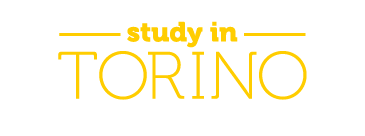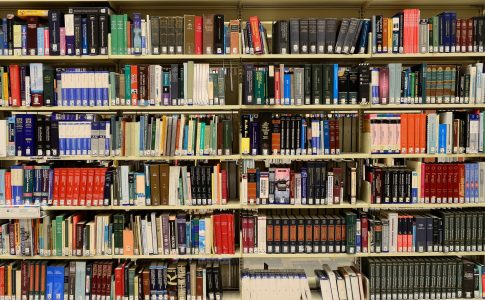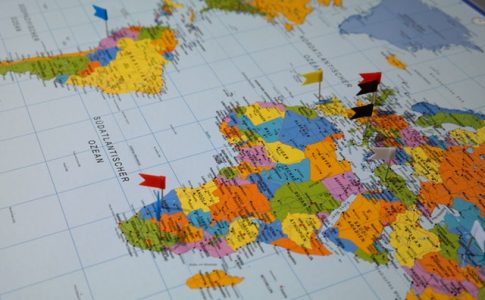Globalization, sustainable development goals and digital transition open up new scenarios and pose new, huge challenges to the scientific and technical professions.
The need for a more interdisciplinary scientific and technical training emerges. Technologies must be integrated into a complex system with various layers
interconnected: physical, cyber, environmental, economic and social layers. For a lifelong training, the need to involve professionals already active in the labour market in this process of continuing training also arises.
Stimulated by these needs, an interuniversity working group composed of major universities – Politecnico di Bari, Milano e Torino, Università di Bologna,
Napoli Federico II, Padova, Palermo and Roma La Sapienza- developed an experimental high training project named “Technologies for transitions”. The pilot
initiative of this project consists in training qualified engineers so they can face the multidimensional problems posed by the ecological transition (Green Technologies) and digital transition of infrastructures (Smart Infrastructures). These are topics of major strategic importance within the context of Next Generation EU and within the perspective of enhancing the measures of the Recovery and Resilience Plan for
transversal skills.
Two implementation procedures have been initially arranged: a) the establishment of Minors in higher education within Master’s degree programs in order to train engineers with interdisciplinary tools and methods, as well as professionalizing digital skills, able to work with a systemic perspective in multi-sector contexts; b) the establishment of “double Master’s degree” programs, aimed at training highly- specialized professionals in multi-sector contexts, through training programs integrated in Master’s degree courses.
The universities that join the project “Technologies for transitions”, already from academic year 2021/2022, are implementing the first educational initiatives based on general, shared criteria. They also support student mobility and shared training activities.









